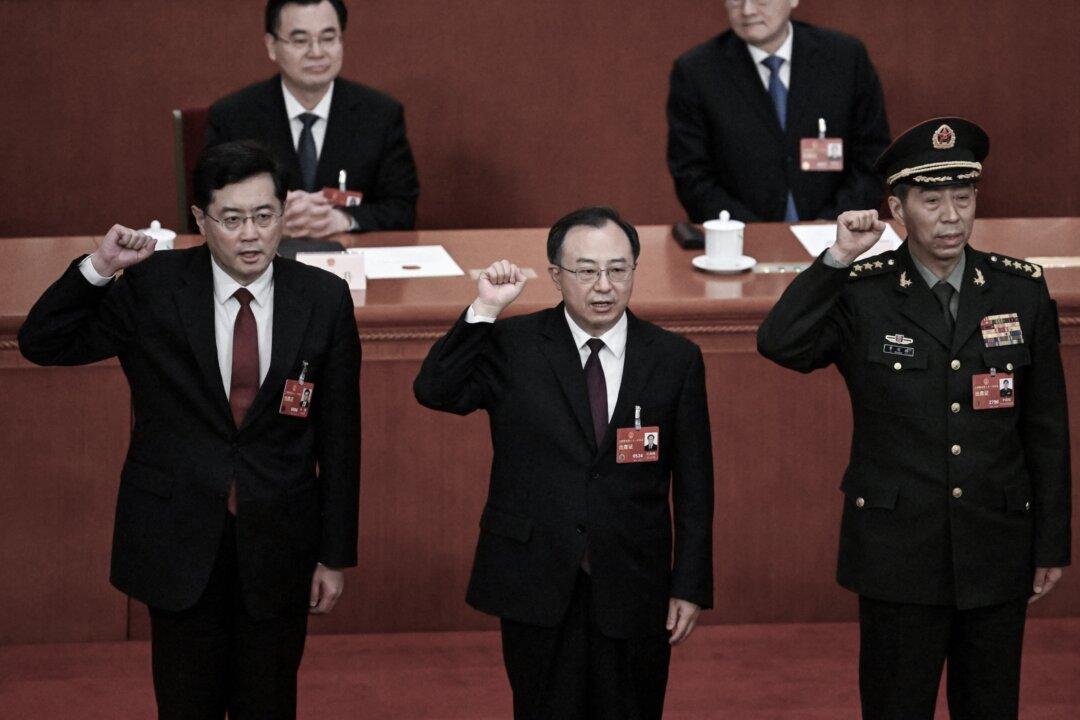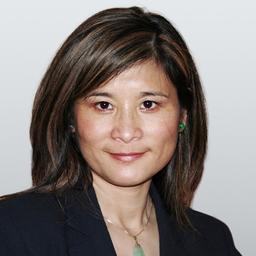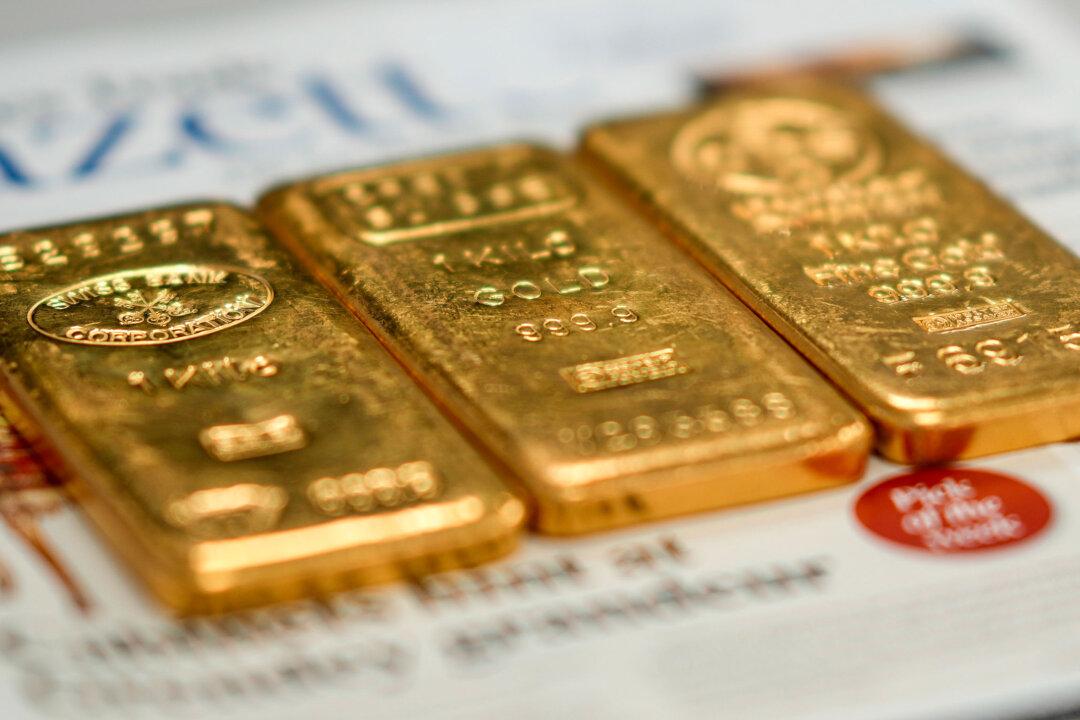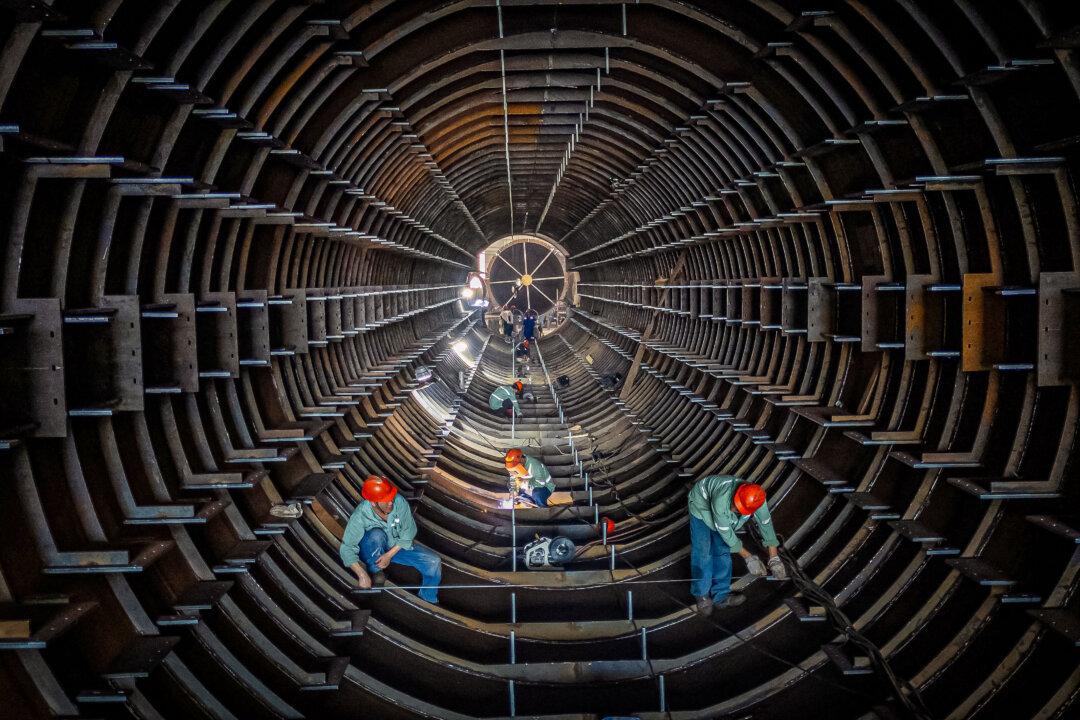At a critical juncture of the power struggle within the Chinese Communist Party (CCP), both Chinese Foreign Minister Qin Gang and Defense Minister Li Shangfu face challenges. Xi Jinping’s efforts to purge senior military officials seem to be expanding, with unconfirmed reports suggesting that four out of seven members of the Central Military Commission (CMC) are in jeopardy.
U.S. Ambassador to Japan Rahm Emanuel took a rare step by commenting on social media platform X, likening Xi Jinping’s cabinet lineup to characters from Agatha Christie’s novel, “And Then There Were None.”





